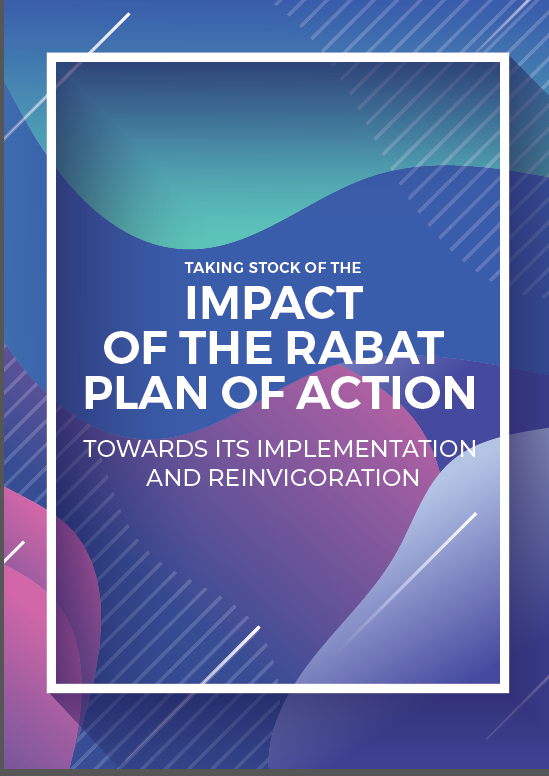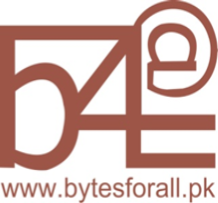 Islamabad, (March 3, 2019): Hate speech and its interaction with faith, race or nationality, is a tricky subject with regards to identifying the thin line between its legitimacy and unlawfulness. The reason lies in the absence of any standard definition of the hate speech. However, Rabat Plan of Action (RPA) 2012 provides more consensus guidelines for judging certain speech as acceptable or harmful.
Islamabad, (March 3, 2019): Hate speech and its interaction with faith, race or nationality, is a tricky subject with regards to identifying the thin line between its legitimacy and unlawfulness. The reason lies in the absence of any standard definition of the hate speech. However, Rabat Plan of Action (RPA) 2012 provides more consensus guidelines for judging certain speech as acceptable or harmful.
Since RPA’s adoption in October 2012, the plan has been vetted by different stakeholders with reference to different cultural contexts and realities. Courts including European Court of Human Rights (ECtHR) have also referenced RPA’s paragraph 15 in one of high profile case between Maria Alekhena and others vs Russia to determine whether a particular expression constitutes a criminal offense or not.
Similarly, the civil society is another stakeholder, who has organized debates, roundtables, and discussions for advocating RPA’s impact and usability in countering hate speech. Jakarta Process 2015, an Asia-Pacific deliberations and advocacy led by the civil society, is one of very few processes at the regional levels that opened up debate on RPA’s strengths and the weaknesses.
This research paper is in continuation of same effort for enhancing the RPA impact through advocacy, and stressing for reinvigorating the guidelines it provides for combating national, racial or religious based hatred that constitutes incitement to discrimination, hostility or violence. The paper also presents a body of recommendations to make RPA more impactful, and addressing the needs of marginalized groups.
***
For a PDF version of this report, click here



